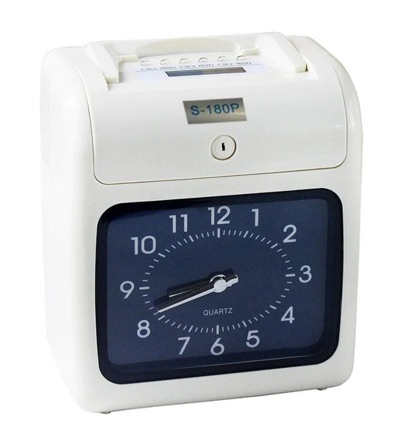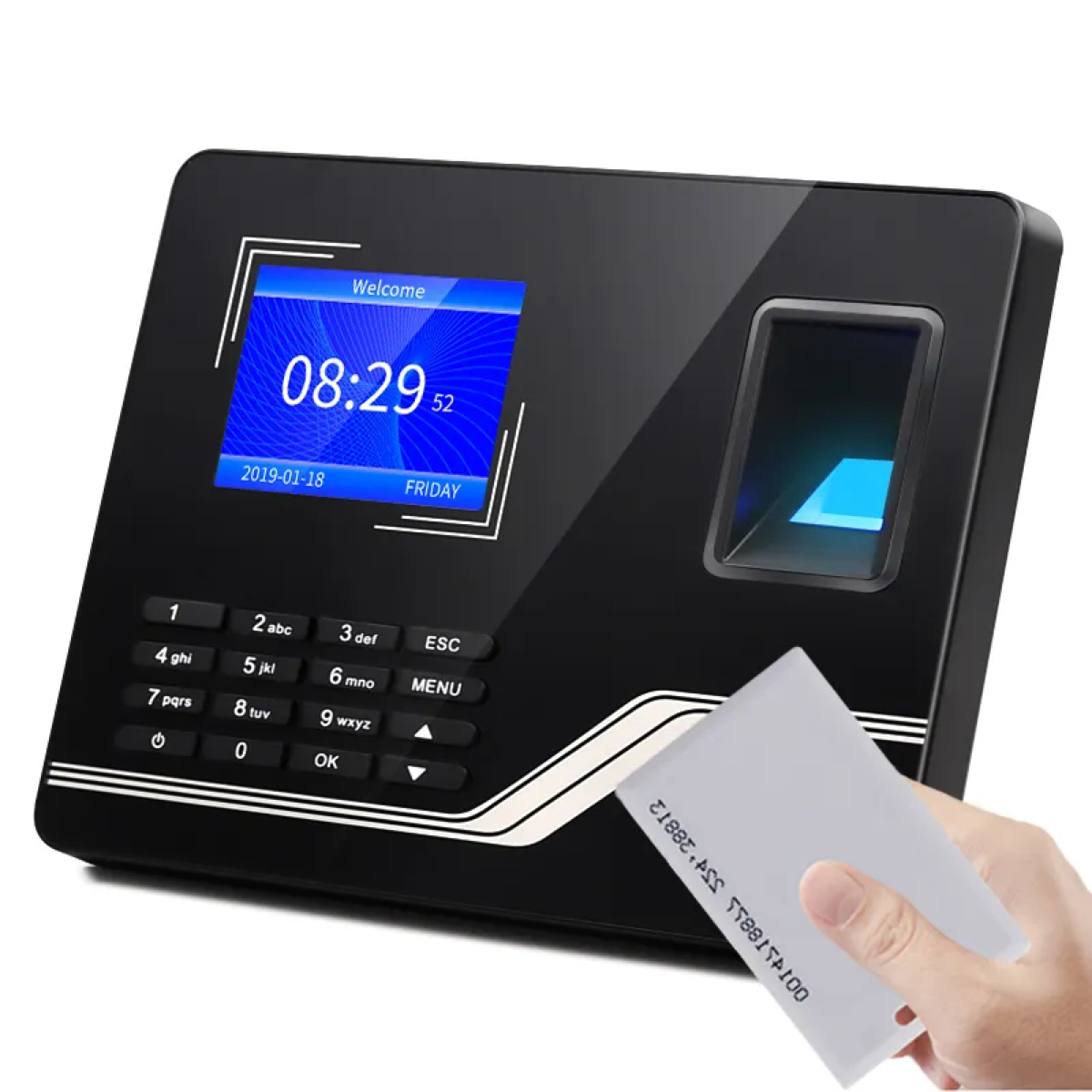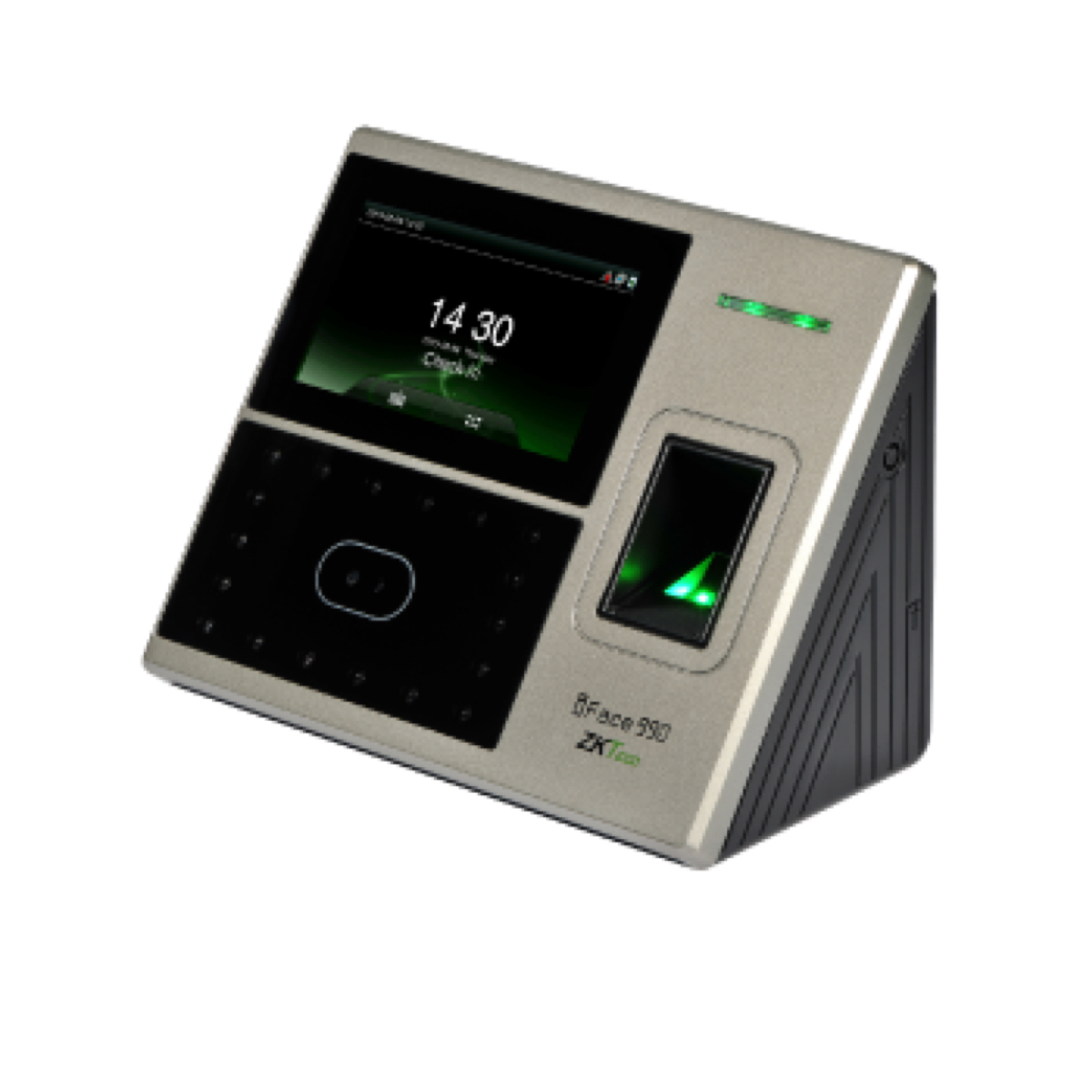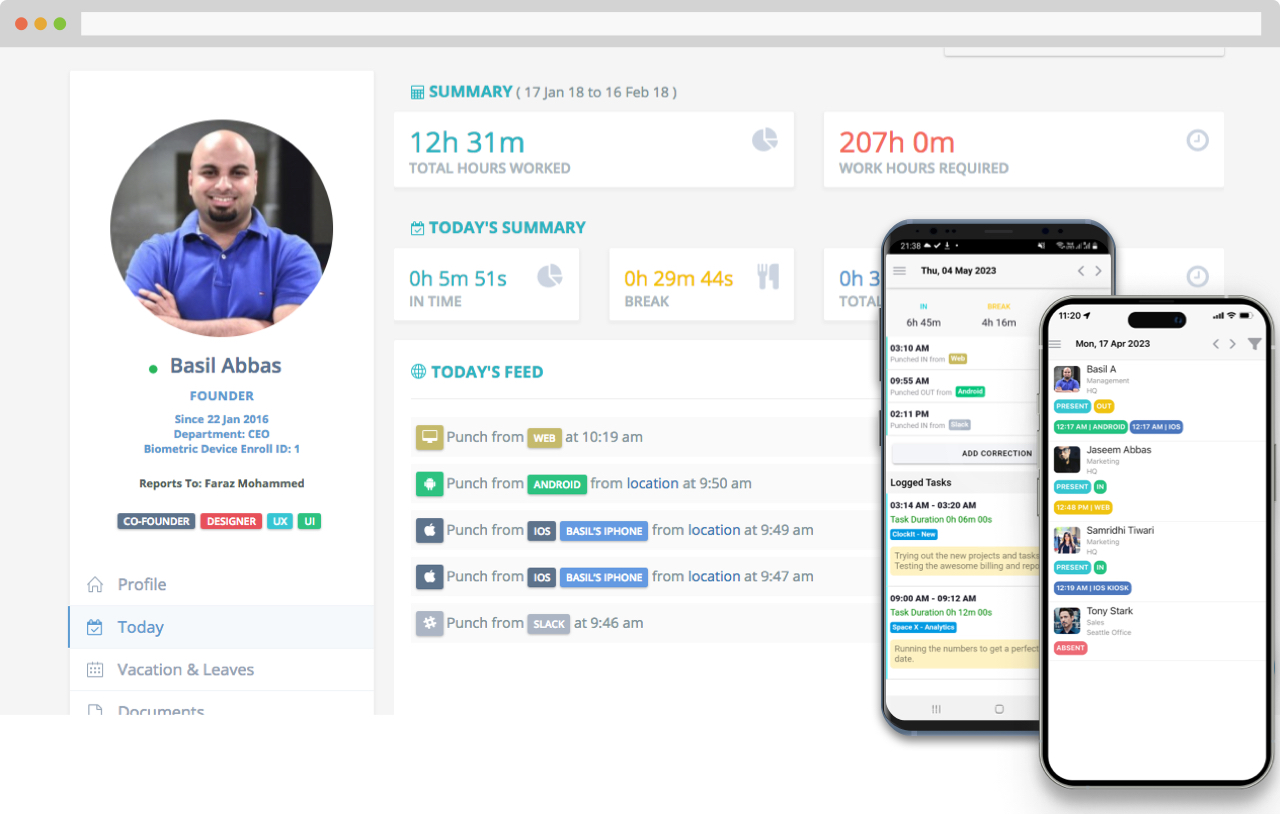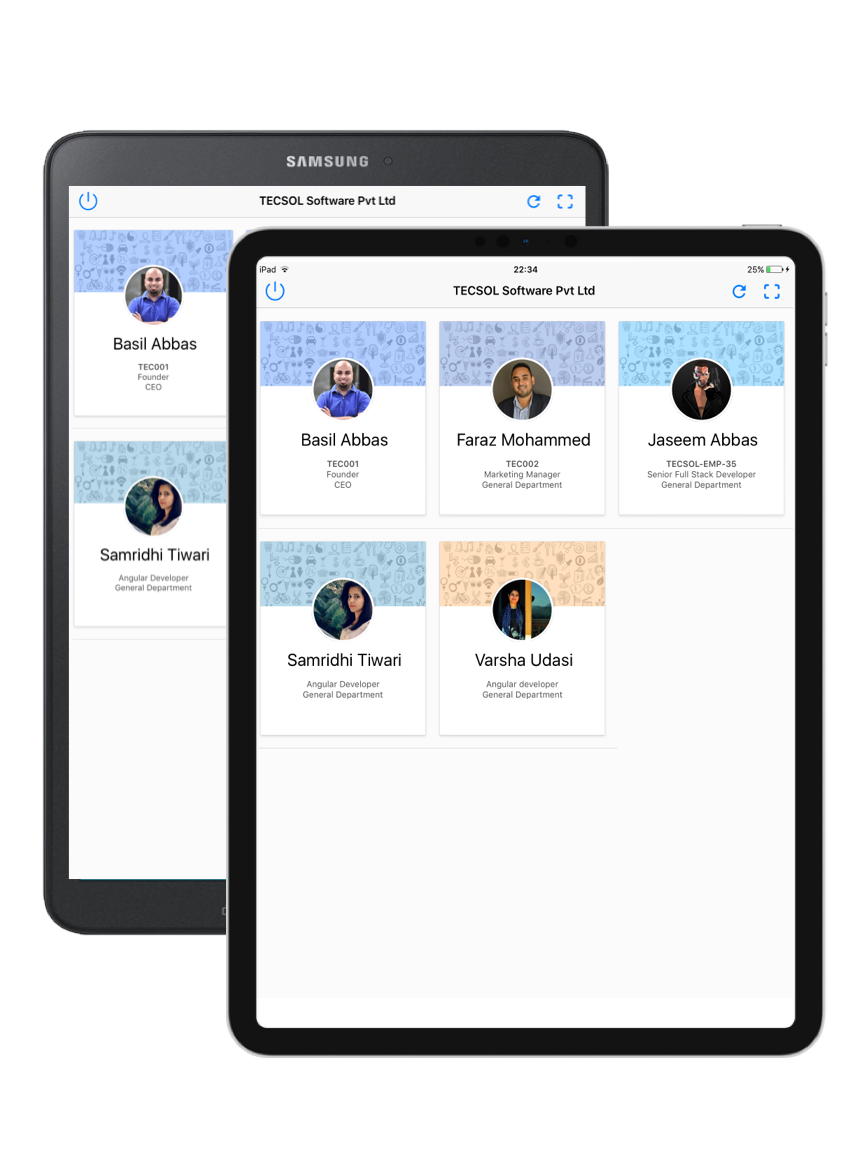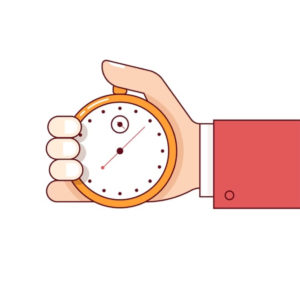
01 Dec Time clock software for small business
What is a time clock software for small business?
In today’s digital world, time is money, and managing it effectively is a critical aspect of running a successful business. For small businesses, in particular, every minute counts. This is where time clock software comes into play.
Designed to automate the tracking of employees’ work hours, time clock software is an indispensable tool that streamlines operations, enhances productivity, and simplifies payroll processes. In this article, we delve into the essentials of time clock software for small businesses, explaining its features, benefits, and what to consider when selecting an application.
Why Small Businesses Need Time Clock Software
Before the advent of time clock apps and software, businesses relied on manual methods like punch cards or spreadsheets to track employee hours. Not only was this process time-consuming and prone to errors, but it also made it difficult to efficiently manage clock in and clock out times. With modern time tracking systems, these issues are a thing of the past. These digital tools enable accurate, automated tracking of employee hours, making it easier for small businesses to manage their workforce and prepare for payroll.
Also Read: Benefits of using a time clock software.
Key Features of Time Clock Software
Clock In/Clock Out System
At the heart of any time tracking software is the ability for employees to clock in and out with ease. This feature ensures that each minute worked is accurately recorded, reducing the potential for disputes about hours worked.
Payroll Integration:
Time clock software often integrates seamlessly with payroll systems. This integration simplifies the process of paying employees based on the hours they have worked, removing the need to manually enter data.
Mobile Accessibility:
Many time clock apps are accessible via smartphones and tablets, allowing employees to clock in or out remotely, which is essential for businesses with a mobile or remote workforce.
Reporting and Analytics:
Modern time tracking systems offer robust reporting tools that help businesses analyze employee performance, track overtime, and identify trends that can inform staffing decisions.
Types of time clocks for your small business.
Time clocks have evolved significantly from the traditional punch card systems of the past. Today, there are various types of time clocks that small businesses can use to accurately and efficiently track their employees’ hours. Here are some popular types of time clocks that are suitable for small businesses:
1. Traditional Punch Clocks
Description: These are the classic time clocks where employees punch in and out using a time card. They have been used for many years and are straightforward but can be prone to errors and time theft.
Best for: Small businesses with a tight budget that want a simple, physical way to track time.
2. Digital Time Clocks
Description: Digital time clocks are modern versions of the traditional punch clock but use digital technology. Employees can use a card or a personal identification number (PIN) to clock in and out.
Best for: Small businesses looking for a more accurate and efficient version of the traditional punch clock.
3. Biometric Time Clocks
Description: These time clocks use unique biological traits, such as fingerprints, facial recognition, or eye scans, to identify employees when they clock in and out. This reduces time theft and “buddy punching” (where one employee clocks in for another).
Best for: Businesses that prioritize security and want to eliminate buddy punching.
Know more about the biometric time clocks that work with ClockIt.
4. Mobile Time Clock Apps
Description: Mobile time clock apps allow employees to clock in and out using a smartphone or tablet. These apps often include GPS tracking, making them ideal for remote or mobile workforces.
Best for: Businesses with remote, field, or distributed teams who need a flexible and accessible solution.
5. Web-Based Time Clocks
Description: Web-based time clocks enable employees to clock in and out through a website or a cloud-based platform. These systems are accessible from any device with internet connectivity, such as a computer or a smartphone.
Best for: Businesses that want an easily accessible, cloud-based solution that doesn’t require special hardware.
6. Time Clock Kiosks
Description: Time clock kiosks are dedicated stations, typically tablets or computers, set up at a specific location where employees can clock in and out. They often have options for PIN, card scan, or biometric verification.
Best for: Businesses with a physical location where employees can easily access the kiosk when starting and ending their shifts.
7. Proximity Card Time Clocks
Description: These time clocks use RFID (Radio Frequency Identification) or NFC (Near Field Communication) technology. Employees use a card or fob that they wave near the clock to log their time.
Best for: Businesses that want a quick and contactless solution for employees to clock in and out.
Also Read: Our detailed guide on RFID time clocks.
8. Integrated Time Clocks
Description: Integrated time clocks are part of a broader Human Resources Information System (HRIS) or payroll software package. They sync directly with other HR and payroll functions, streamlining data flow and reducing manual data entry.
Best for: Businesses looking for a comprehensive solution that integrates time tracking with other HR and payroll processes.
The choice of a time clock system for a small business largely depends on the specific needs of the business, such as the size of the workforce, budget considerations, the nature of the work (remote or in-person), and the desired level of security and integration with other systems. It’s crucial for business owners to assess their unique requirements and choose a time clock system that aligns with their operational needs and growth plans.
Benefits of Time Clock Software for Small Businesses
Efficiency and Accuracy:
Time clock software automates the process of tracking work hours, thereby reducing errors and ensuring that employees are paid for the exact time they worked.
Cost Savings:
By automating the process of time tracking and payroll preparation, small businesses can save significant amounts of time and money.
Enhanced Compliance:
With labor laws becoming increasingly stringent, time clock software helps small businesses stay compliant by maintaining accurate and detailed records of employee hours.
Improved Employee Accountability:
A digital time tracking system makes it easy for employees to be responsible for their own hours, which can lead to improved productivity and morale.
Choosing the Right Time Clock App for Your Small Business
When selecting a time clock app or software for your small business, consider the following factors:
Ease of Use:
Look for an intuitive, user-friendly platform that won’t require extensive training for you or your employees.
Integration Capabilities:
Ensure that the software can integrate with your existing payroll and HR systems to streamline operations.
Customization and Scalability:
Choose a tool that can be tailored to your business’s unique needs and can scale as your company grows.
Price:
Be mindful of your budget and look for software that offers good value for the features it provides.
Customer Support:
Opt for a provider with a strong reputation for customer service to ensure that you can get help when you need it.
When should a small business consider using a time clock for payroll?
For a small business, implementing a time clock for payroll purposes can be a significant step, and timing is crucial. It’s important for business owners to recognize when manual tracking methods are becoming burdensome and inefficient. Here are key signs and scenarios that indicate when a small business should consider using a time clock for payroll:
1. Growing Employee Base
When a business starts with a small team, manual time tracking methods may suffice. However, as the team grows, tracking employee hours can become increasingly complex and time-consuming. When you notice that managing your expanding workforce’s hours is taking too much time, it’s a clear sign to consider implementing a time clock system.
2. Accuracy Concerns
Errors in time tracking can lead to incorrect paychecks, which can result in unhappy employees and potential legal issues. If there have been frequent errors in payroll or disputes over hours worked, it is time to consider a more accurate and automated time clock system.
3. Remote or Flexible Work Arrangements
The modern workplace is increasingly flexible. If your business has remote employees or offers flexible working hours, a digital time clock system that supports mobile clocking in/out becomes essential for maintaining accurate records.
4. Compliance with Labor Laws
As businesses grow, they must adhere to increasingly complex labor laws and regulations. A time clock system can help ensure that your business maintains accurate, detailed, and compliant records of employee hours.
5. Increasing Administrative Burden
If you or your managers are spending significant time on administrative tasks related to tracking employee hours and preparing payroll, this is a signal that your current system is inefficient. Implementing a time clock system can automate these processes and free up time for more strategic tasks.
6. Need for Improved Reporting and Insights
When you need better insights into employee productivity, overtime trends, or staffing needs, a sophisticated time clock system can provide valuable data and analytics that simple manual tracking methods cannot.
7. Employee Accountability and Transparency
If there are concerns about employee honesty with manual time reporting, or if you want to promote a culture of accountability and transparency, a time clock system can help by providing a clear and unbiased record of each employee’s work hours.
8. Budget Availability
Implementing a time clock system is also a budget decision. When your business reaches a stage where you can afford to invest in tools to streamline operations and improve accuracy, it’s an ideal time to consider implementing a time clock system.
9. Scalability Considerations
If your business is in a growth phase and you’re planning to scale operations, proactively implementing a time clock system can prepare your business for seamless expansion.
10. Frequent Overtime Issues
If your business is experiencing frequent overtime that is either unplanned or unbudgeted, a time clock system can help you monitor and manage overtime more effectively.
Conclusion
In an increasingly competitive business landscape, small businesses must leverage every advantage they can get. Time clock software, with its ability to accurately and efficiently track employee hours, integrate with payroll systems, and offer mobile accessibility, has become an indispensable tool for small businesses looking to streamline operations and maintain a productive, happy workforce.
Remember that the right time clock app or software can not only simplify your life as a business owner but also empower your employees to take ownership of their time and work more effectively. Make the move to a digital time tracking system today, and witness firsthand the positive impact it can have on your small business.


